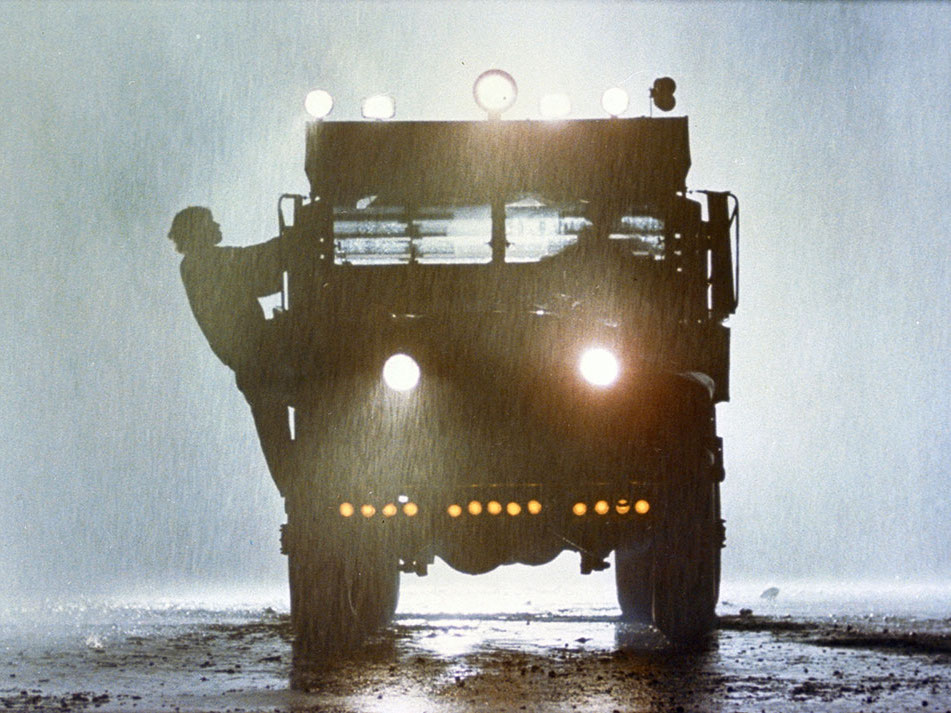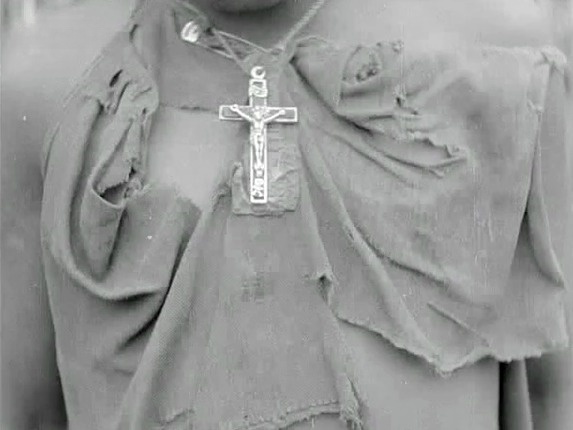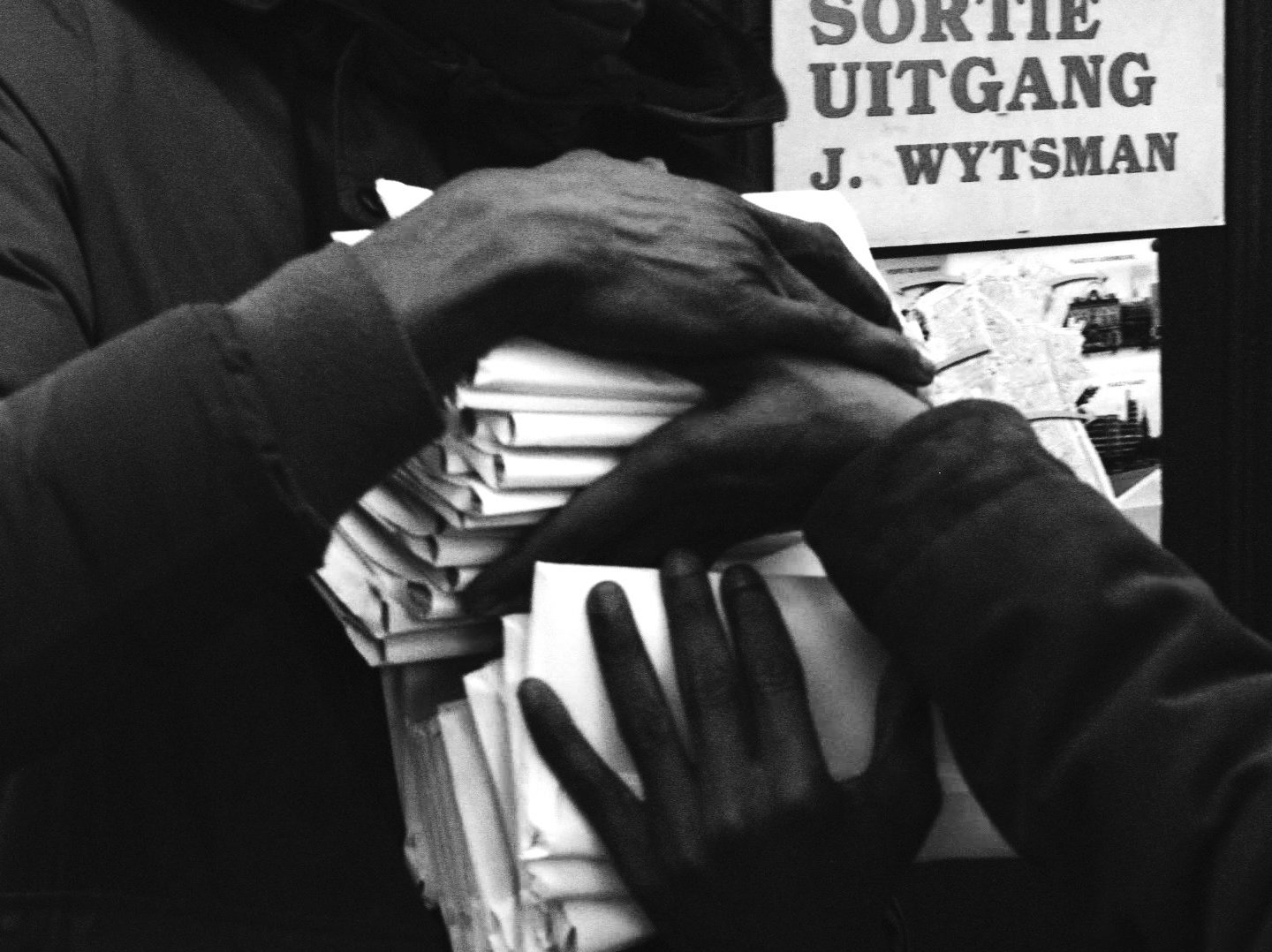EN
“The studio wasn’t enthusiastic about the film and I couldn’t put together the cast I wanted. This was a good time to back away, look for something less ambitious. But I thought I was bulletproof. Nothing was going to stop me. [...] The film became an obsession. It was to be my magnum opus, the one on which I’d stake my reputation. I felt that every film I’d ever made was preparation for this one. [...] It turned out to be the most difficult, frustrating and dangerous film I’ve ever made and it took a toll on my health as well as my reputation. [...] I was becoming detached from reality. Urgent inquiries came from executives at Paramount and Universal. When would I finish? I ignored them.
This was becoming a cursed project. With costs escalating and so many on the crew lost to illness and burnout, the sensible thing to do was to come up with a simpler sequence [He's talking about the bridge-crossing sequence]. That was the advice of all the executives, but I had become like Fitzcarraldo, the man who built an opera house in the Brazilian jungle. When I saw the finished bridge, I believed that if I could film the scene as I conceived it, it would be one of the greatest in film history. My obsession was out of control and if I hadn’t been so successful over the past few years, I would have been ordered to stop. The two studios bet on me against their better judgment, because they thought I still had the mojo; maybe I was so in tune with audience tastes that costs wouldn’t matter. No one in his right mind would have continued on this course, but no one was in his right mind. I had the confidence, the energy, and the drive of an Olympic downhill skier. [...] I had persevered to make a film that I would want to see, a relentless existential voyage that would become my legacy.”
William Friedkin
“Sorcerer is completely taken over by the place, and the characters’ task and the filmmakers become one and the same. Action filmmaking as a process that erases the distance between the physical dimension and the screen experience. [...] Sorcerer is a materialist nightmare; what remains are faces, the road, nature and the weather. [T]his literal dimension is what hits hard. There’s nothing great about Sorcerer that could be described in literate terms. It’s an awe of madness and physical detail.
Is Sorcerer a road not taken in popular cinema? [...] A film like Sorcerer (or The Conversation for that matter) points towards a desire to marry very personal sensibilities, populist narratives and the kind of film machinery only large amounts of money can buy. We didn’t see things like it quite as often in the past as nostalgia suggests, but we do see it even less now.”
Filipe Furtado




